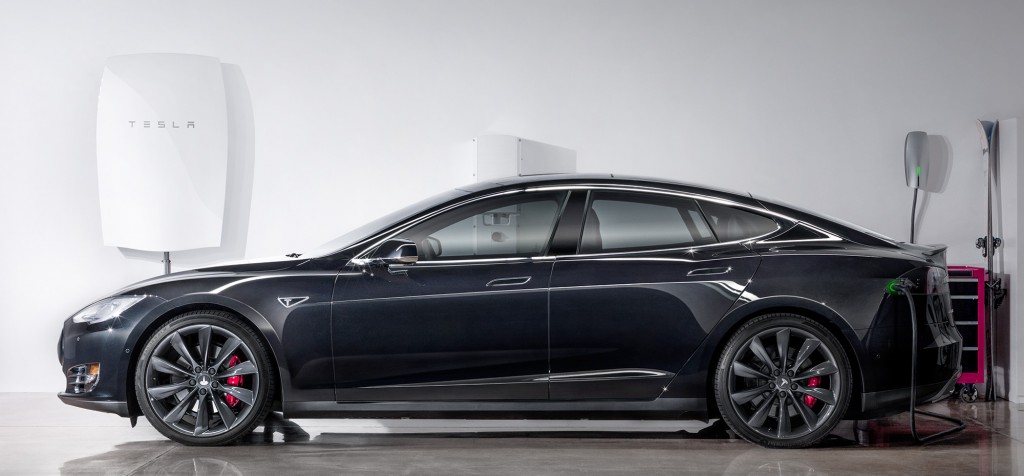Tesla Motors seems poised to make a small but significant change to its online presence.
Anyone familiar with the company knows that its domain name is TeslaMotors.com.
But now Tesla has finally gotten its hands on the domain name "Tesla.com"--after roughly 10 years of trying.
DON'T MISS: Tesla Resolves Chinese Trademark Fight 'Completely, Amicably' (Aug 2014)
The Tesla.com domain name was previously owned by a Silicon Valley engineer, and it sat virtually unused for 24 years, according to the San Jose Mercury News.
Owner Stu Grossman has had the registration since 1992, but Tesla CEO Elon Musk has been trying to acquire the domain for virtually the entire existence of Tesla Motors.
The carmaker gained control of the "Tesla.com" domain on Friday, and the name now redirects web traffic to the current "Teslamotors.com" site.

Tesla Powerwall Home Battery
Acquiring the the more concise domain removes one hurdle for Musk should he decide to change the name of "Tesla Motors" to simply "Tesla," the newspaper report noted.
That may prove attractive as Tesla continues to move beyond cars into the production of stationary lithium-ion battery packs for energy storage (and perhaps even additional products in the future).
The company launched its energy-storage division last year under the Tesla Energy name.
ALSO SEE: Tesla Energy: What We Learned About Powerwall Demand On Q1 Results Call (May 2015)
When the new product line was first announced, Tesla said it would offer energy-storage systems for business, electrical utilities, and individual consumers.
These stationary battery packs allow users to take greater advantage of renewable-energy sources--like the solar panels sold by Tesla's sister company, SolarCity.
They help balance energy supply and demand by storing electricity harvested during periods of peak production for later use.

Tesla Energy for utilities
During its recent quarterly results call, Tesla said it had transferred assembly of Powerwall residential and Powerpack commercial battery packs to its still-incomplete "Gigafactory" in Nevada.
It also suggested that the products' early sales results from Australia and Germany were encouraging.
Energy storage is a logical extension of Tesla's electric-car business--and furthers the company's goal of reducing the environmental impact of transportation.
MORE: Tesla And Panasonic: Partners In Electric Cars, Foes In Home Energy Storage (Sep 2015)
Selling battery packs for energy storage helps Tesla further amortize the costs of manufacturing lithium-ion cells on a large scale.
At the same time, energy-storage systems can also further reduce the overall carbon emissions of electric cars, because they make it easier for those cars to be charged from renewable sources.
A name change from Tesla Motors to Tesla Inc. would mirror that of Apple Inc., which was Apple Computer until January 2007. That company launched its iPod in October 2001, and the first iPhone in June 2007.
_______________________________________________












